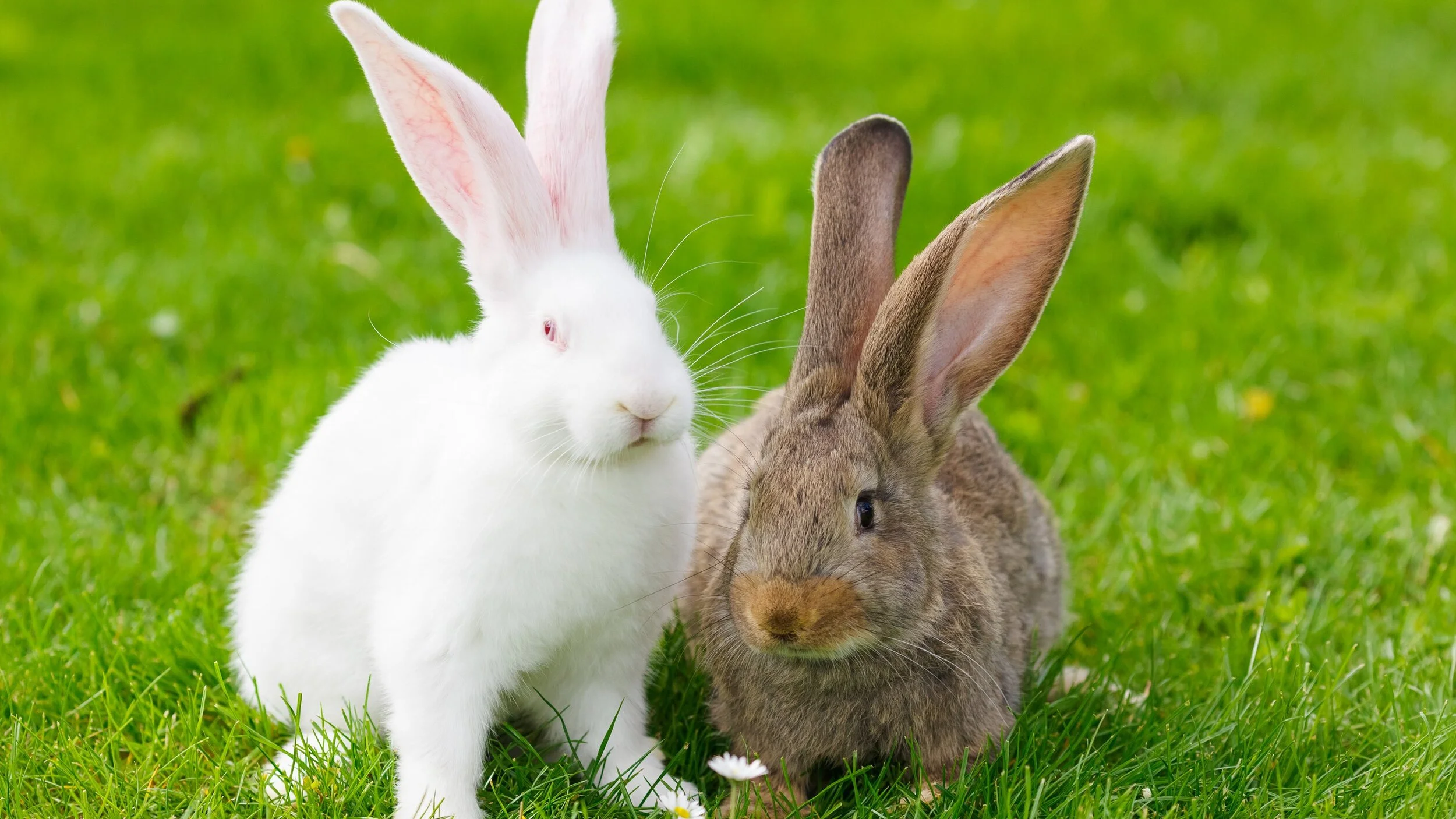How Group Therapy Helps with Social Anxiety
The Closer We Are To Danger, the Farther We Are From Harm
Pippin says this in Lord of the Rings. He's speaking to Treebeard, an ancient, sentient, walking tree who responds, "that doesn't make sense to me, but then again, you are very small."
Pippin is a hobbit, a child-sized creature known for their love of food, gardening and usual lack of interest in adventuring. In the Lord of the Rings, Pippin and his friends prove the exception among hobbits and save the world from destruction.
There's a father on my street teaching his six year old son to ride a bike. He gently holds the handlebars while the boy pedals, and then periodically lets go, ready to grab it again when the boy inevitably starts to fall. The boy pedals, starts going faster, gets scared, freezes and the bike tilts. I heard the father saying to the boy in these moments, "get scared, go forward. Get scared, go forward."
I remember these words as I lace up rollerblades for the first time since high school. I haven't felt that comfortable in my body for most of my life and skating is a challenge. Unlike biking, there's no easy way to brake or stop. You have to use the energy that comes from building speed, not try to shut it down.
In Group, we're confronted with what scares us most. This is often the disapproval, scorn and contempt of our parents, internalized and projected onto others.
Our greatest fears come from the time when we were most vulnerable.
As infants, we didn't clearly perceive our own existence separate from our mother. Mother is Self, Body, World. If she's overwhelmed with fear, grief or rage, the world itself is hostile. The terrors of infancy are inchoate, timeless, annihilating.
As we grow into hobbit-sized people, we develop language and a sense of our own identity separate from our parents. But we are acutely aware that our survival depends on them and so their moods become emblazoned with the mantle of the gods. When we're not seen by them as vulnerable to their unprocessed emotional torrents, we are momentarily destroyed by them.
If you live under a tyrant, you become skillful at hiding the pain, humiliation and hate that results. All parents are tyrants at one time or another and children direct their aggression inward rather than risking their parents' wrath. They attack their own minds and personalities, creating neurotic inhibitions and ultimately psychotic disorders. Zeus will tolerate a flawed slave, but not a rebellious one.
However, the obsequious fawning so many contemporary parents bestow on their children is just as dangerous as the emotional excesses of the previous generation. In this case children inherit their parents' inability to tolerate disappointing others and cannot tolerate their own disappointment. They become both tyrants and slaves, beholden to their sense of comfort and expecting the world to accommodate them. They run from danger and so are constantly aggrieved.
Peter Levine, the founder of Somatic Experiencing, a powerful body-based approach to working through trauma, was inspired by a simple fact. In the wild, a prey animal will experience danger regularly. A rabbit confronts the possibility of being killed and eaten every day, sometimes multiple times a day. But the rabbit doesn't get PTSD. It doesn't shrink its foraging territory week by week. It doesn't start hoarding unnecessarily, develop chronic pain, spend all day in it's burrow, lose interest in foraging, in sex. The rabbit shakes it off.
Literally.
If the rabbit is lucky enough to survive and escape the predator, using all the skills that nature has cultivated over millions of years, then it will shiver. It will shake its body and in doing so release the flood of biochemicals that were activated by running for its life.
We're all rabbits. And wolves. The closer we are to danger, to what scares us, the more alive we are. When we're in touch with what is wild within us, we are creative, intuitive, powerful. We are much less likely to be harmed.
Group is one of the only spaces I know where you can remain physically safe while approaching psychic danger. It offers an opportunity to become more authentic, resilient and free. To get scared and go forward.

